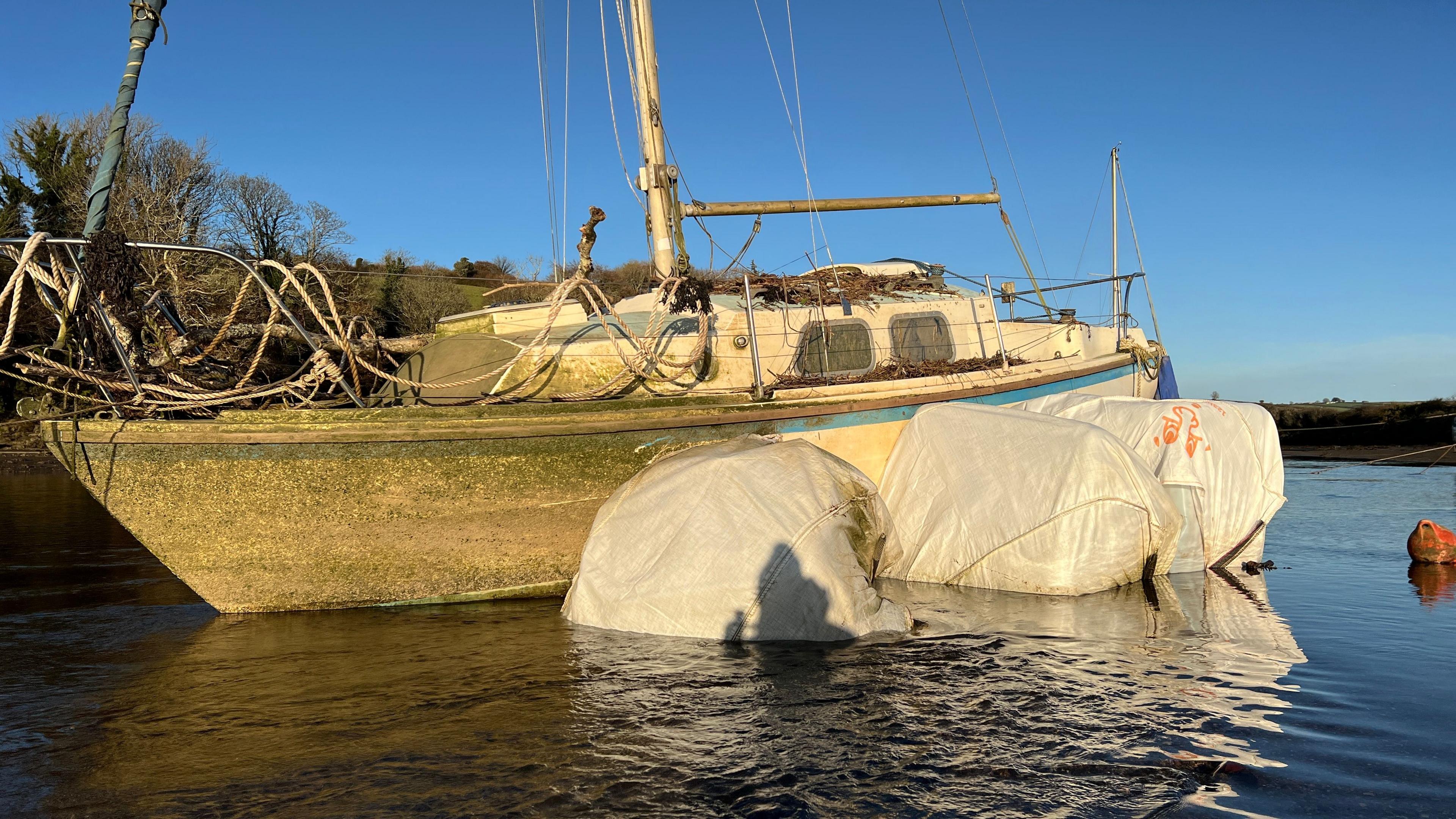Fibreglass Boats Pollute
In some other parts of the world this problem is taken seriously. The USA state of California, (you know, the one that defied Trump's efforts to undermine the state's right to fight climate change) has taken a tough approach. Owners found guilty of abandoning a vessel are fined $1,000 – $3,000 plus the considerable costs of removal and disposal. However, the state also funds two programmes: the no-cost Vessel Turn-in Program (VTIP) for recreational boat owners to surrender unwanted boats, and the Abandoned Watercraft Abatement Fund (AWAF) for removal of abandoned vessels that pose a substantial hazard.
France introduced new rules in 2019 under which boat owners have to pay an 'eco tax' when registering their vessels (another legal requirement) . This tax will fund the disposal of 22,500 boats by the end of 2023. The Canadian government has paid to have derelict boats removed from its coasts. In 2018, the Swedish government provided €300,000 in subsidies to scrap 500 boats under 3 tonnes, providing the owners paid for transportation to an approved recycling centre.
Meanwhile, in the UK, Rebecca Pow MP, Parliamentary Under Secretary of State for the Department for Environment, Food and Rural Affairs, writes to me that: "On the issue of old fibreglass boats, we are engaging with British Marine and working with regional partners through OSPAR Convention for the Protection of the Marine Environment of the North-East Atlantic to understand best practice in disposal."
..The first problem to be solved is surely that of boat ownership. You can't easily dump a car in the UK since it's numbered and registered, but a boat is not necessarily registered (the Small Ships Register, for example, is a voluntary scheme). Has the time not come in the UK for compulsory registration of all craft at the time of original sale and at any subsequent change in ownership? The incentive to re-register would lie with the seller who would, otherwise, remain responsible for the boat and its subsequent disposal.
The second problem must be the allocation of disposal costs. Perhaps an annual re-registration fee along the lines of the French 'eco' tax which is applied to all recreational watercraft, from sailboats to power boats and canoes up to 24 meters (78 feet) in length? A UN-IMO 2019 report, End-of-life management of fibre reinforced plastic vessels: alternatives to in-sea disposal, concludes that 'The most feasible routes towards funding recycling [of GRP boats] appear to be levy systems on new boat sales and on ownership registration leading to centralised funds to back up vessel recycling programmes', and that the cost of final disposal of end-of-life GRP boats may rest with the original manufacturers in a similar fashion to the EU WEEE (Waste Electrical and Electronic Equipment ) initiative and the European Directive on End-of-Life Vehicles.
Then there's the question of what to do with existing abandoned boats and the many more that are likely to appear before any registration and tax scheme becomes established. The answer to that is certainly clear: it is the responsibility of national governments to keep their coasts clear of refuse and the oceans clear of plastics.
by Derek Pilgrim, Condensed from 'Where will all our boats go', Junk Rig Association Magazine no.85, February 2021
Here's looking at you, HMG.
Read more...
When you subscribe to the blog, we will send you an e-mail when there are new updates on the site so you wouldn't miss them.

Comments